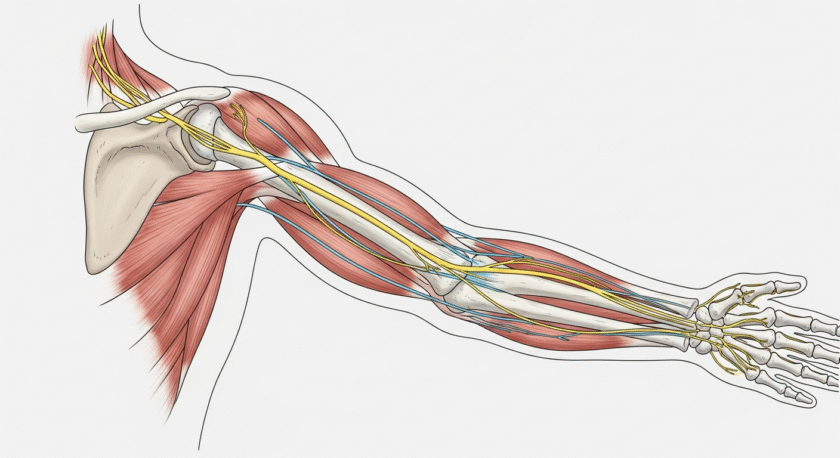
(BPT) – Sponsored by Sanofi
Every year, tens of thousands of Americans are newly diagnosed with type 1 diabetes, an autoimmune disease characterized by the immune system attacking insulin-producing cells in the pancreas.
For many, that diagnosis comes unexpectedly — and even more so because research has shown approximately 90% of people diagnosed do not have type 1 diabetes in their family history. Suddenly, routines are permanently altered as individuals and families rush to learn how to best manage the condition — all while coping with the underlying impacts a type 1 diabetes diagnosis has on emotional, social, and financial health and well-being.
Survey findings from Beyond Type 1 — a leading organization dedicated to changing what it means to live with diabetes — and commissioned by Sanofi, titled “The Cost of Not Knowing,” highlight the costs of a diagnosis among adults with type 1 diabetes and caregivers of children under the age of 18 with type 1 diabetes. Here’s a look at “The Cost of Not Knowing,” told through the eyes of adults who live with this condition. Their perspectives underscore the importance and urgency of early screening for type 1 diabetes.
Not Knowing Has “Costs”
The impact of a type 1 diabetes diagnosis can extend far beyond just physical health. Indeed, the survey findings illustrate that not knowing your risk for developing type 1 diabetes carries significant emotional, social, and financial burdens. Consider:
- Emotional: 64% of adults with type 1 diabetes said their emotional health declined when they first learned about their diagnosis, as they struggled with feeling sad (39%), afraid (38%), angry (30%), and uncertain for the future (25%).
- Social: 71% of adults with type 1 diabetes gave up some of their interests or future plans when they learned of their diagnosis.
- Financial: Half (50%) of adults with T1D spent at least $5,000 on emergency care for their T1D symptoms before or during their diagnosis, with nearly 1 in 4 (24%) spending at least $10,000.
These findings quantify the very real impacts — some of them intangible — of a type 1 diabetes diagnosis, and how it can carry potentially life-changing implications for adults as they learn how to cope with a disease that has no known cure and ultimately requires lifelong dependence on insulin replacement injections for survival. Now, imagine if you had more time to brace yourself for a potential new reality.
Knowing Sooner Can Have an Impact
Early knowledge about a potential type 1 diabetes diagnosis, which is possible through an autoantibody test, can provide people with time to learn about the condition and prepare for constant, 24/7 disease management. Advanced information can be particularly valuable, considering that 79% of adults with type 1 diabetes changed how they lived their life when they first learned of their diagnosis, specifically because they felt overwhelmed and underprepared.
A diagnosis can be a life-altering event, but early detection can help people feel more in control of their health, avoid the stress that comes with not knowing, and, importantly, potentially reduce the risk of serious health complications at the time of diagnosis. With these benefits in mind, it’s not surprising that the majority of adults (85%) with type 1 diabetes who became aware of their diagnosis after symptoms began wished they had known about their risk of developing the disease before their diagnosis. The1Pledge.com has a useful screening guide on how to talk to your doctor about getting screened early for type 1 diabetes and what to do before, during, and after screening.
Adults With Type 1 Diabetes Recommend Early Screening
Although the benefits of early detection are clear, autoantibody screening is still uncommon today, largely due to a lack of awareness. Just consider that only 14% of adults with type 1 diabetes say they were screened with an autoantibody test prior to their diagnosis to see if they were at risk of developing the disease — and among those who did not screen, 72% of adults with type 1 diabetes said they were not even aware that an autoantibody test was available, demonstrating an awareness gap that must be closed.
What’s more, among those who were not screened, 68% regret not taking an autoantibody test to better understand their risk of developing type 1 diabetes — and nearly all adults with type 1 diabetes (92%) today would recommend friends and family members get an early autoantibody test for type 1 diabetes. There’s no need to wait to get screened and start to prepare for the future. “The Cost of Not Knowing” sends a message that it’s time to take charge of your health and talk to your doctor about your screening options. This research was conducted by Wakefield Research via two survey instruments — one among 1,000 US adults with type 1 diabetes and a second among 1,000 US caregivers to those under the age of 18 years with type 1 diabetes. Learn more about the survey findings and methodology at https://beyondtype1.org/unexpected-type-1-diabetes-diagnoses/.
Sanofi does not provide medical advice, diagnosis, or treatment — information is provided for educational purposes only. Your doctor is the best source of health information. Talk to your doctor if you have any questions about your health or treatment.



